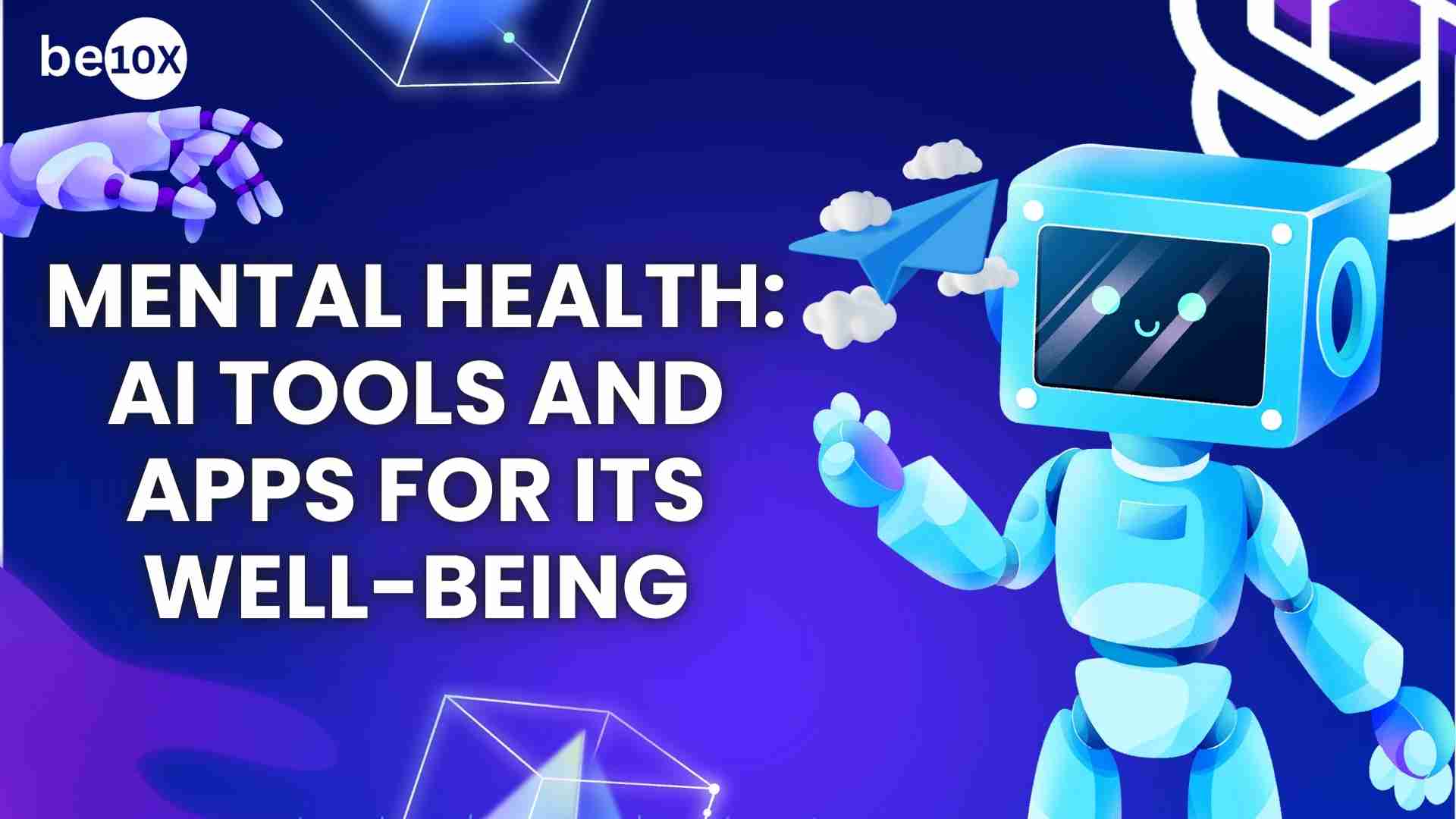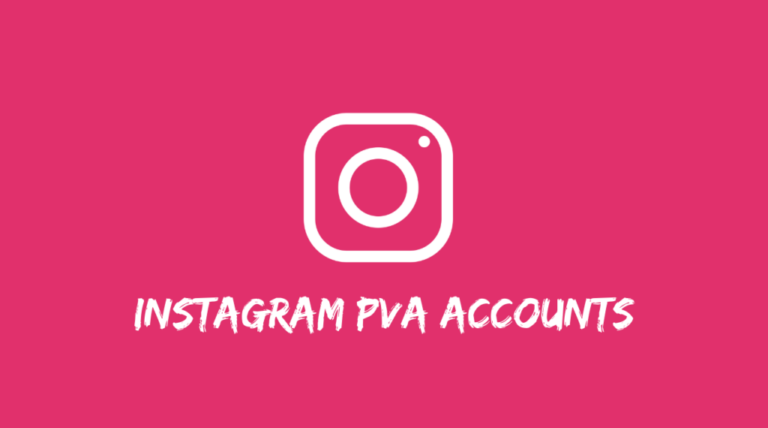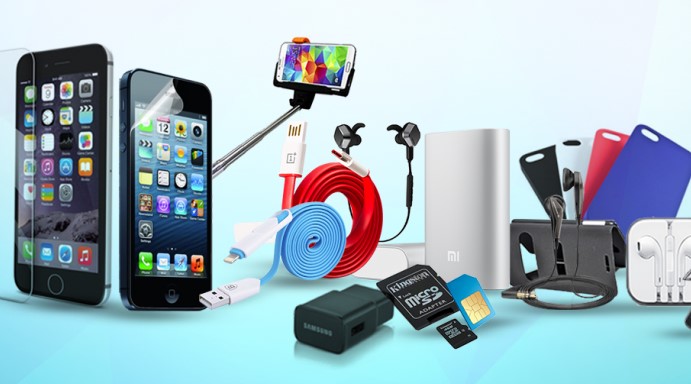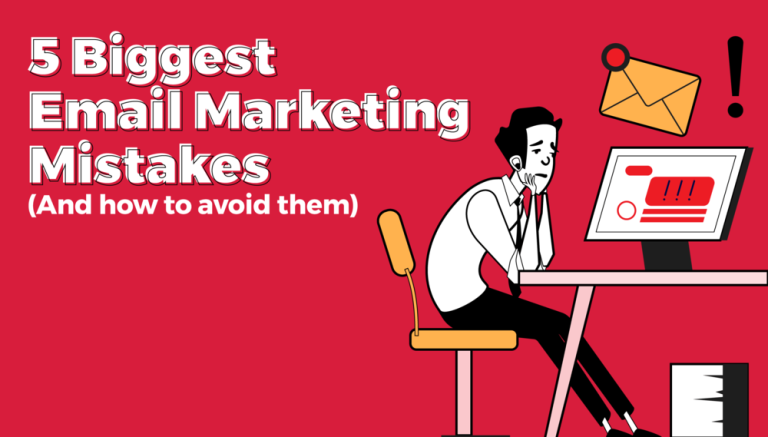Mental Health Tech: Apps and Tools for Better Wellbeing
In today’s fast-paced world, maintaining mental health is more important than ever. With stress, anxiety, and depression affecting millions, finding effective ways to manage mental wellbeing is crucial. Thankfully, technology is stepping in to offer new solutions. Mental health apps and tools are becoming increasingly popular, providing support that’s both accessible and personalized. But how can these digital tools truly improve your mental health? Let’s explore the landscape of mental health tech and discover how it can help you achieve better wellbeing.
The Rise of Mental Health Apps
Mental health apps have seen a surge in popularity, and it’s easy to see why. They offer a convenient way to access support, whether you’re dealing with daily stress or more serious mental health issues. From guided meditation and breathing exercises to mood tracking and virtual therapy sessions, these apps are designed to fit into your life, offering help whenever and wherever you need it.
One of the key benefits of mental health apps is their accessibility. You don’t need an appointment or a referral to get started. Simply download the app, and you’re on your way to better mental health. This ease of access is especially valuable for those who may feel hesitant to seek traditional therapy or who live in areas with limited mental health resources. With just a few taps, you can access a wealth of tools and resources designed to support your mental wellbeing.
Personalized Support at Your Fingertips
What sets mental health apps apart from other forms of support is their ability to provide personalized care. These apps often use algorithms and data from your daily activities to tailor their suggestions to your specific needs. Whether it’s recommending a meditation based on your stress levels or offering coping strategies when your mood dips, the personalization aspect ensures that the support you receive is relevant and timely.
For example, some apps offer mood tracking features that allow you to log your emotions throughout the day. Over time, the app can identify patterns in your mood and provide insights that help you understand your triggers. This kind of personalized feedback empowers you to take proactive steps in managing your mental health, giving you the tools to make informed decisions about your wellbeing.
Virtual Therapy: A New Era of Counseling
One of the most significant developments in mental health tech is the rise of virtual therapy. These platforms connect you with licensed therapists through video calls, messaging, or even text, making it easier than ever to access professional help. Virtual therapy offers the same level of confidentiality and expertise as in-person sessions, but with the added convenience of being able to attend from anywhere.
Virtual therapy can be particularly beneficial for those who struggle with the stigma associated with seeking mental health support. By removing the need to visit a physical location, these platforms make it easier for individuals to take that first step toward therapy. Moreover, many virtual therapy platforms offer flexible scheduling, allowing you to fit sessions into your busy life without the need to rearrange your entire day.
Mindfulness and Meditation Tools
Mindfulness and meditation are proven techniques for managing stress and improving overall mental health. And while these practices have been around for centuries, technology is making them more accessible than ever. Mindfulness apps offer guided meditation sessions, breathing exercises, and daily reminders to help you stay present and focused.
These tools are particularly useful for those new to mindfulness or meditation. The structured guidance provided by apps can make it easier to develop a regular practice, helping you build resilience against stress and anxiety. Over time, integrating mindfulness into your daily routine can lead to significant improvements in your mental wellbeing, offering a simple yet powerful way to manage your mental health.
The Role of Feedback in Mental Health Tech
As with any technology, feedback plays a crucial role in the ongoing development of mental health apps and tools. Customer reviews provide valuable insights into what’s working and what needs improvement. For example, customer reviews of Le-Vel Thrive highlight how user feedback has helped refine the product, ensuring that it continues to meet the needs of those using it. Similarly, mental health apps rely on user feedback to enhance their features, making them more effective and user-friendly.
This feedback loop is essential for the continuous improvement of mental health technology. By listening to users, developers can create tools that genuinely support mental wellbeing, leading to better outcomes for everyone involved.
Embracing Mental Health Tech for Better Wellbeing
Mental health tech is revolutionizing the way we approach mental wellbeing. With apps and tools designed to provide personalized support, virtual therapy, and mindfulness practices, there’s never been a better time to explore these digital solutions. Whether you’re looking to manage stress, improve your mood, or simply enhance your overall mental health, there’s a tech tool out there that can help.
As these innovations continue to evolve, the potential for mental health tech to make a positive impact on our lives will only grow. So, why not take the first step toward better mental wellbeing today? Embrace the power of technology and discover how these tools can help you lead a healthier, happier life.







